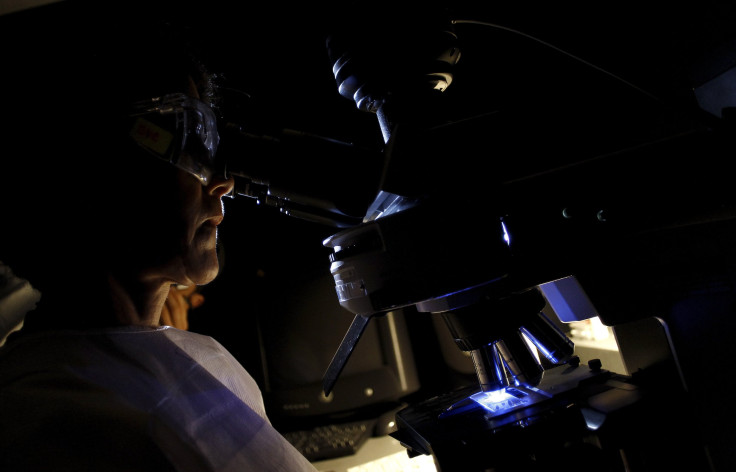Scientists May Soon Grow Human Organs In Animals As US Government Plans To End Ban On Stem Cell Experimentation

Researchers can now work toward growing human organs in animals after the National Institutes of Health said last week it was preparing to lift a ban on the research aimed at that goal. The end result could prove to be a major, life-saving medical breakthrough.
The NIH had previously placed a moratorium on funding that involved experimentation involving human stem cells and an animal embryos but last Thursday put forth a proposed new policy. This opens the door to federal funding for "chimera research that could help create life-saving organs like kidneys and pancreases for transplant patients," wrote CNN.
"We thought it was good time to take a deep breath, pause and make sure the ethical frameworks that we have in place allows us to move forward and conduct this research responsibly,” Carrie Wolinetz, associate director for science policy at NIH, told Wired.
The NIH would create a committee to provide input on chimera research proposals. The name chimera is a reference to a Greek mythological creature that was part lion, part goat and part snake. The modern, scientific definition is a "a hybrid organism with organs or tissues from multiple species," Wired wrote.
"There is clear interest and potential in producing animal models with human tissues or organs for studying human development, disease pathology, and eventually organ transplantation," wrote the NIH, an agency of the U.S. Department of Health.
Scientists shouldn't be supremacists. If it's wrong to test on a #chimera, it's wrong to test on ALL animals! https://t.co/PslrZd7FQo
— PETA (@peta) August 5, 2016
There are moral gray areas associated with the research, but the science has advanced greatly in recent years, which, in part, led the NIH to reconsider its moratorium. "One issue is that scientists might inadvertently create animals that have partly human brains, endowing them with some semblance of human consciousness," while another is accidently "producing human embryos or fetuses inside animals or hybrid creatures," wrote NPR.
Scientists have argued they could prevent such things from happening and the NIH outlined restrictions to that end, such as banning introducing certain types of human cells into embryos of primates like monkeys and chimpanzees.
An average of 22 people die per day waiting on transplant lists, according to government statistics.
© Copyright IBTimes 2024. All rights reserved.






















